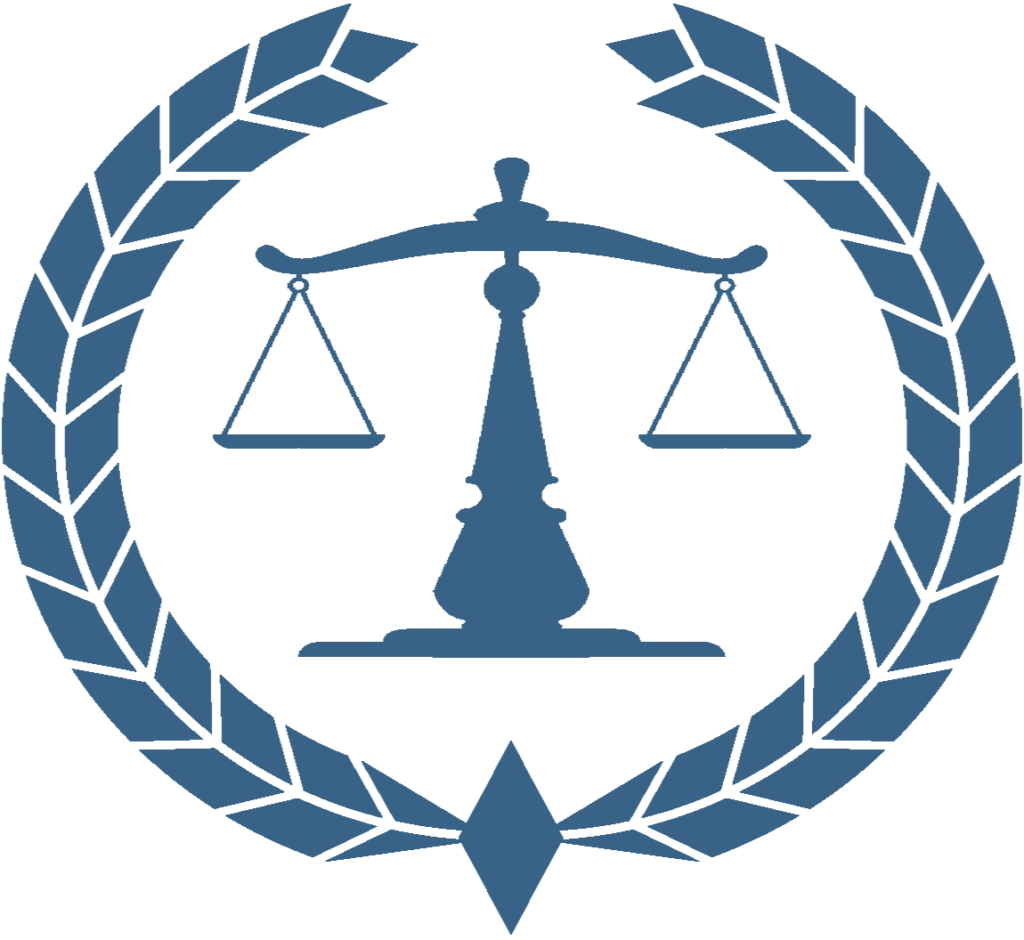Issue Estoppel
Prevents Repeated Litigation and Involves the Res Judicata Principle
Page last modified : December 06 2023
What prevents someone from returning to court over and again?
When a legal case is heard by a trial judge or another adjudicative decision maker and a ‘Final Order’ is issued as a result, it becomes conclusive and ends the case. As a result, unless appealed, the dispute is resolved, and resolving the same issue among the same people is prohibited.
Understanding When Going to Court Is Going Back to Court Is Going Back to Court Is Going Back to Court Is Going Back to Court Is Going Back to Court Is Going Back to Court Is Going Back to
For a better understanding of limited liability protection, a corporate veil has been revealed. Scott McEachern wrote this.
When assessing whether an issue is banned from being addressed by the court, laypeople and lawyers alike may be perplexed by the res judicata principle, often known as issue estoppel. The judicial process demands and expects finality for a variety of reasons.
One rationale for concluding judicial procedures is that the administration of justice, i.e. the justice system itself, may be tarnished in the public eye if parties to proceedings are permitted to relitigate topics repeatedly. Furthermore, repeating legal actions would be a waste of taxpayer-funded judicial resources.
The Law
The question of whether a legal matter is subject to the res judicata principle is so frequently asked that the Supreme Court precedent judgment Danyluk v. Ainsworth Technologies Inc., [2001] 2 S.C.R. 460, which discusses the topic, is mentioned more than 1,800 times on the CanLII.org website. As for the legal test of what constitutes a legal case banned by the res judicata principle, the Supreme Court stated in Danyluk:
Ji Zhou et al. v. Azadeh Hashem Nia et al., 2023 ONSC 5466, Dosen v. Meloche Monnex Financial Services Inc. (Security National Insurance Company), 2021 ONCA 141, and Roumanes v. Dalron et al., 2010 ONSC 2891 each stated:
As a result, the test for whether issue estoppel exists and whether a case should be heard boils down to three simple requirements, all of which must be met:
The same legal subject had previously been decided; the judicial decision was final; and the parties to that decision were the same as in the new process.
Interestingly, in order for the principle of issue estoppel, or res judicata, to apply, a judicial ruling on the merits of the matter must be made. This argument is frequently overlooked by legal practitioners and even judges who fail to properly comprehend and recognize the element of preceding “judicial decision.” As a result, when disputing parties agree to compromise,
Simply said, unless a prior proceeding was adjudicated upon at Trial or some type of judicial decision at a Motion where the decision was based upon substantive merits rather than a mere procedural concern, the issue estoppel doctrine fails to attach and is unavailable to bar a subsequent proceeding.
Summary Comment
Accordingly, if the previous decision addressed a different question of fact or law, if the previous decision was without finality, or if the previous decision involved different parties to the proceeding, the fresh proceeding is other than subject to the res judicata doctrine and should proceed as a separate matter, even if stemming from – and perhaps especially as stemming from, the previous matter.
Learn About :
Shemesh Legal Offices serves clients located in Hamilton, Ancaster, Dundas, Brantford, Grimsby, among other places.
~ Lynn & Maria
ATTENTION: Do not send any confidential information through this web form. Use this web form only to make an introduction.

